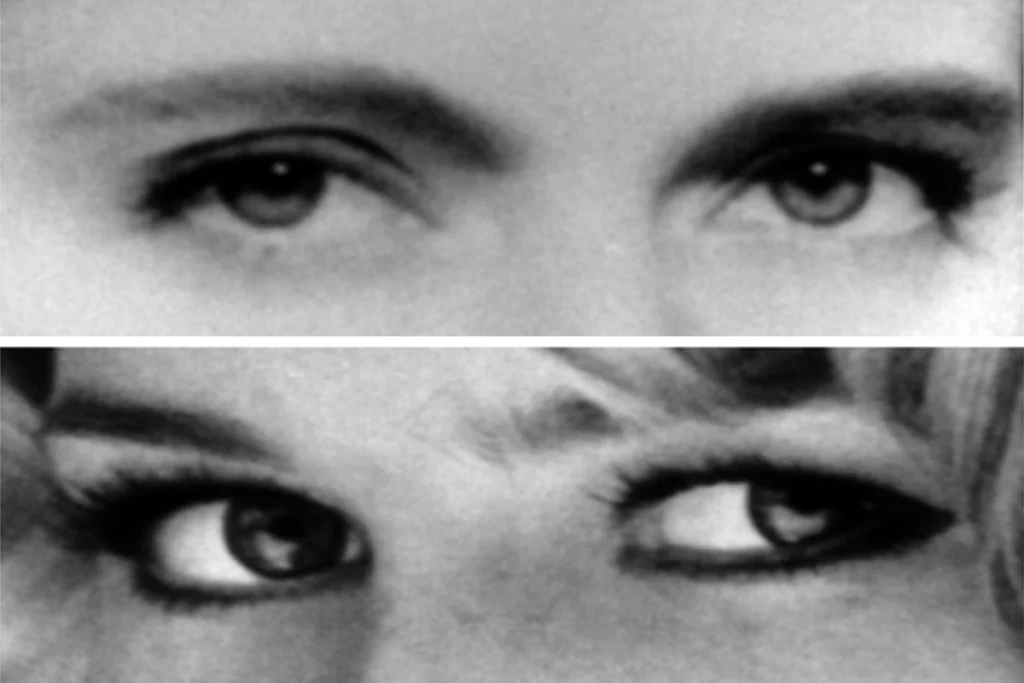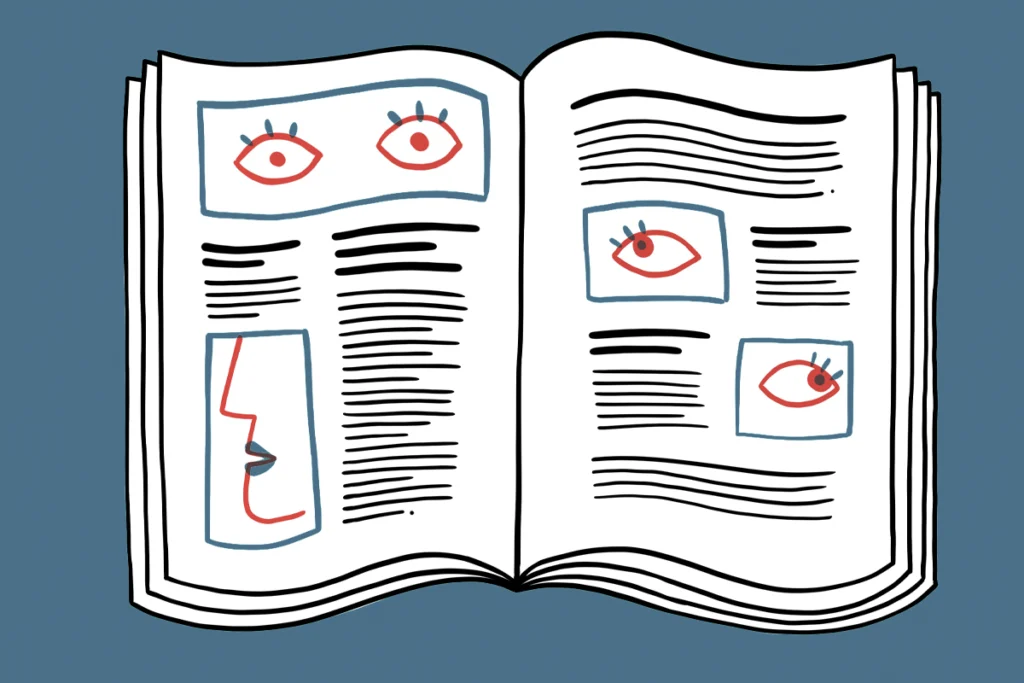Sharing data
Recent findings beg a critical question: Should clinical genetics labs make their databases available for research?

Last week, we reported on a study of 31,516 children that identified 18 copy number variants (CNVs) linked to autism. The study’s large size, which was crucial for linking these CNVs to the disorder, resulted from combining data from two large clinical repositories — the International Standards for Cytogenomic Arrays Consortium and the commercial lab Signature Genomics. The variants did not crop up as statistically significant risk factors in previous, smaller studies. (Read the full article here.)
Lead investigator David Ledbetter, chief scientific officer at Geisinger Health System in Danville, Pennsylvania, says the study underscores the importance of sharing data. The American College of Medical Genetics and Genomics, a prominent professional organization, concurs. It released a position statement this month urging all genetics labs to share clinically informative data in public repositories.
What do you think?
- Should clinical genetics labs make their databases available for research? How can we make this an attractive option for commercial labs, which rely on proprietary databases for a competitive advantage?
Share your thoughts in the comments below.
Explore more from The Transmitter

It’s past time to stop using the Reading the Mind in the Eyes Test
Robots boost data consistency in rodent studies reliant on mechanical, optogenetic stimulation
